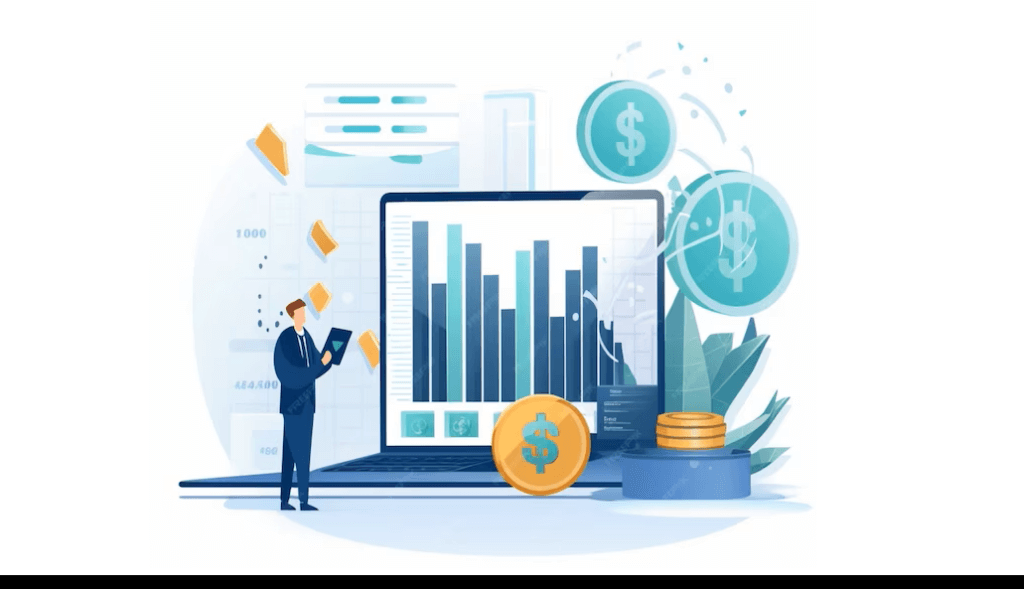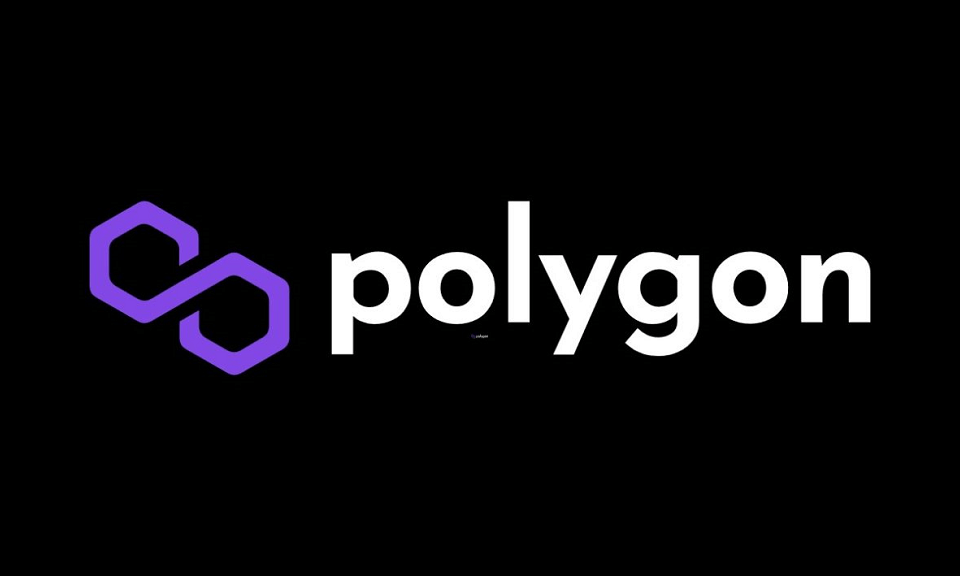DIGITAL ASSETS/VIRTUAL ASSETS
Understanding Digital Assets:
A digital asset is essentially anything that exists in a digital form, can be created and stored digitally, is identifiable and discoverable, and has or provides value. These assets have become increasingly prevalent and valuable as technology continues to integrate into various aspects of our personal and professional lives.

Types of Digital Assets:
- Data: This includes information stored in digital formats, such as databases, spreadsheets, and documents. Data can range from personal information to business records and beyond.
- Media Files: Images, videos, audio recordings, and other multimedia content are common types of digital assets. These can be created, stored, and shared digitally.
- Written Content: Articles, blog posts, e-books, and other written materials are valuable digital assets. They can be distributed online and have monetary or informational value.
- Brands and Intellectual Property: Digital representations of brands, logos, trademarks, and other intellectual property can be considered digital assets. These assets can hold significant value for businesses and individuals.
- Cryptocurrencies and Tokens: With the advent of blockchain technology and cryptocurrency, digital assets have taken on new forms. Cryptocurrencies like Bitcoin and Ethereum, as well as tokens representing ownership or access rights, are prime examples.
Value and Ownership:
The value of digital assets can vary widely, from personal items like family photos to valuable intellectual property or cryptocurrencies worth millions of dollars. Ownership of digital assets is often defined by possession and control, but blockchain technology has introduced new concepts of ownership through cryptographic keys and decentralized networks.
Tokenization and Blockchain:
Blockchain technology enables the tokenization of digital assets, allowing them to be represented and traded on a blockchain network. This has revolutionized ownership and value exchange, as assets can now be easily transferred, divided, and traded in a secure and transparent manner.
Changing Interactions and Ownership:
The rise of digital assets and blockchain technology is changing how we perceive ownership and value. It has democratized access to financial systems, enabled new forms of digital ownership, and facilitated decentralized exchanges. As digital assets continue to evolve, they will play an increasingly important role in our economy and society.
Conclusion:
Digital assets have transformed how we create, store, and exchange value in the digital age. From personal data to cryptocurrencies, these assets have reshaped ownership, value, and interactions in profound ways. Understanding digital assets and their implications is crucial in navigating the evolving landscape of the digital economy.
LATEST CRYPTOCURRENCY NEWS
YOU CAN WIN $200 EVERY HOUR




